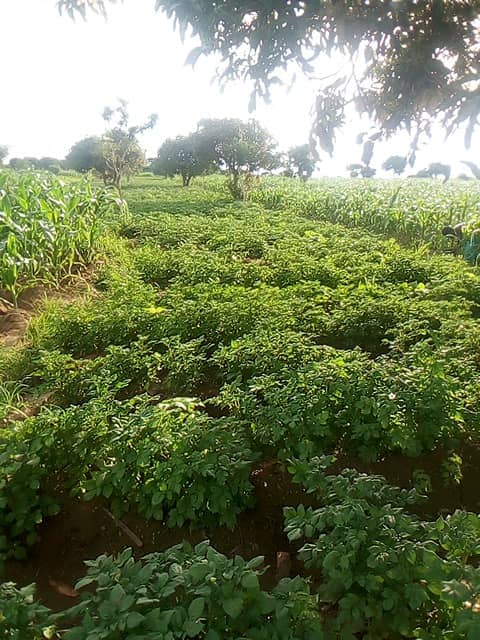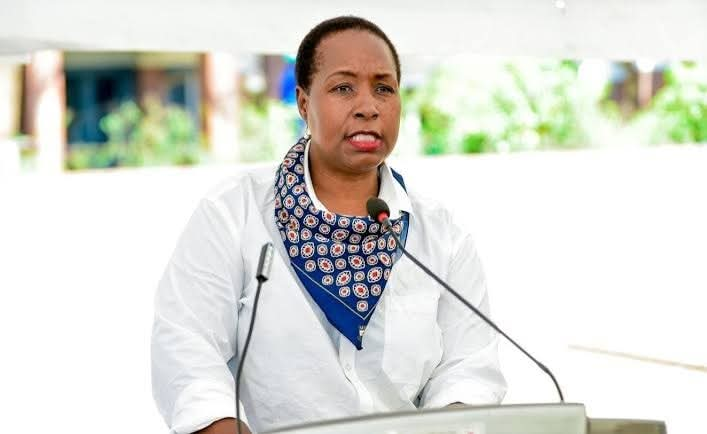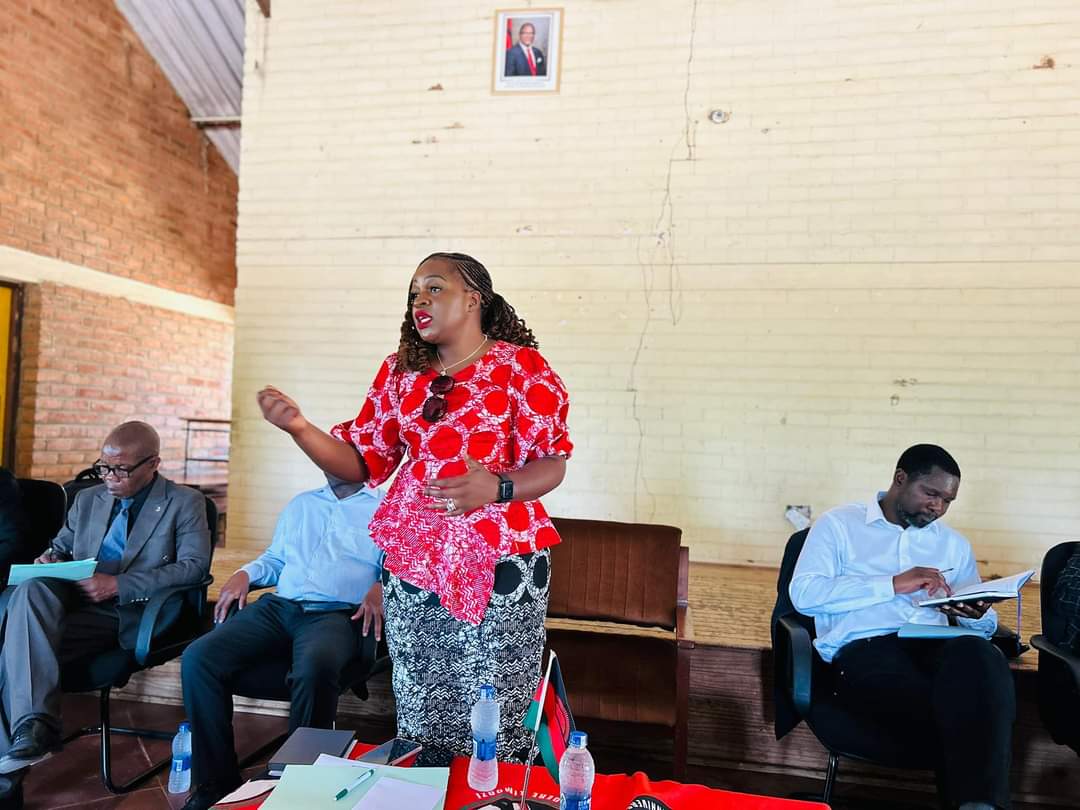By Mabvuto Kalawa
In a bid to combat food insecurity in Malawi, the Mphunzi branch of the Christ Mandate Church for Jesus Mission has launched a transformative food security initiative. This project comes as Malawi faces an alarming food shortage, with the Malawi Vulnerability Assessment Committee (MVAC) reporting that 5.2 million people are struggling to meet their household food needs.
Under the leadership of Pastor Bladson Phiri, the church has introduced a crop diversification program aimed at increasing food security for its members and the wider community. The initiative also seeks to assist the government in addressing the chronic hunger crisis in the country.
Since 2022, the church has been promoting sustainable agricultural practices across its four branches. By adopting a “learning by earning” approach, members are trained in crop diversification techniques while simultaneously earning from the crops they cultivate. This dual-purpose strategy improves both the economic status and nutritional well-being of participants.
The project focuses on cultivating a variety of crops, including maize, beans, soybeans, Irish potatoes, groundnuts, cassava, and sweet potatoes. Additionally, the church has ventured into small-scale livestock farming, rearing poultry, goats, rabbits, and pigs. These livestock not only improve household nutrition but also contribute to soil fertility through manure application.
Pastor Phiri explained that the initiative began with just half an acre of land and has since expanded to four acres, thanks to support from the local community. The land was generously provided by Village Headman Mphunzi, who commended the church’s efforts to promote development in the area.
The program goes beyond farming. The church has also introduced Village Savings and Loans (VSL) to encourage a culture of saving among its members. After harvest, the produce will be sold to generate income for various purposes, including church construction and community support.
The church plans to distribute a portion of the harvest to elders, vulnerable women, orphans, and other community members in need. Seeds will also be shared to encourage further agricultural development in the area. The livestock rearing component includes a “pass-on” program, ensuring the benefits extend to more families over time.
Pastor Phiri emphasized that the initiative was born out of the realization that relying on relief food from donors and the church’s bishop in America was not sustainable. “We wanted a long-term solution,” said the pastor. “We started small, but through commitment and hard work, we have achieved significant progress.”
He urged other pastors to follow suit by engaging in development projects that address both physical and spiritual needs. “A hungry congregation cannot focus on prayers,” he stated.
Village Headman Mphunzi praised the initiative, urging other churches to emulate the Christ Mandate Church’s example. “Development should be a collective effort,” he said. “Laziness will not be tolerated in my area. If you are lazy, go to villages where it is accepted.”
One church member, Mrs. Agness Jonasi, shared her gratitude for the project, saying, “We are now food-secure and financially empowered because of this pastor. He is our savior.”
The project currently benefits 205 families, most of whom are church members. It is expected to expand to the church’s other branches, ensuring that more communities are empowered to achieve food security and financial stability.
The Christ Mandate Church’s initiative aligns with Malawi’s national goals of reducing food insecurity and promoting self-reliance. Pastor Phiri’s vision is to see both his church members and surrounding communities achieve food security and financial empowerment, contributing to the broader development of the nation.
As Malawi grapples with the challenges of hunger and poverty, efforts like those of the Christ Mandate Church for Jesus Mission offer a glimmer of hope and a model for sustainable development. The church’s commitment to uplifting its members and the community at large demonstrates the profound impact of combining faith with action.




